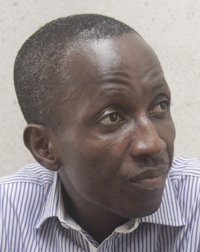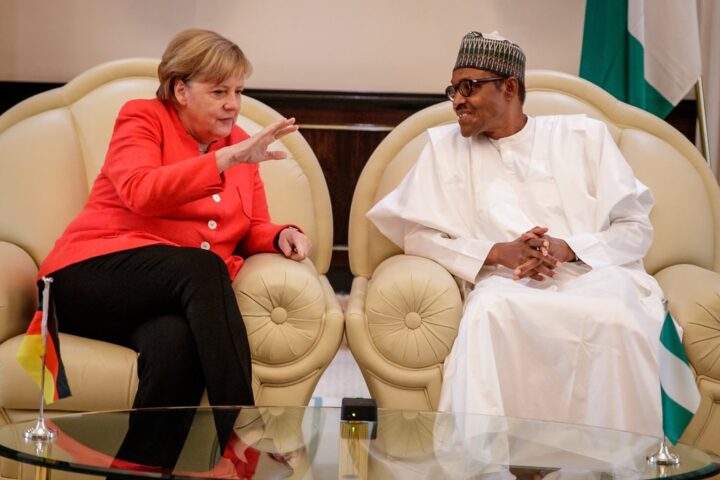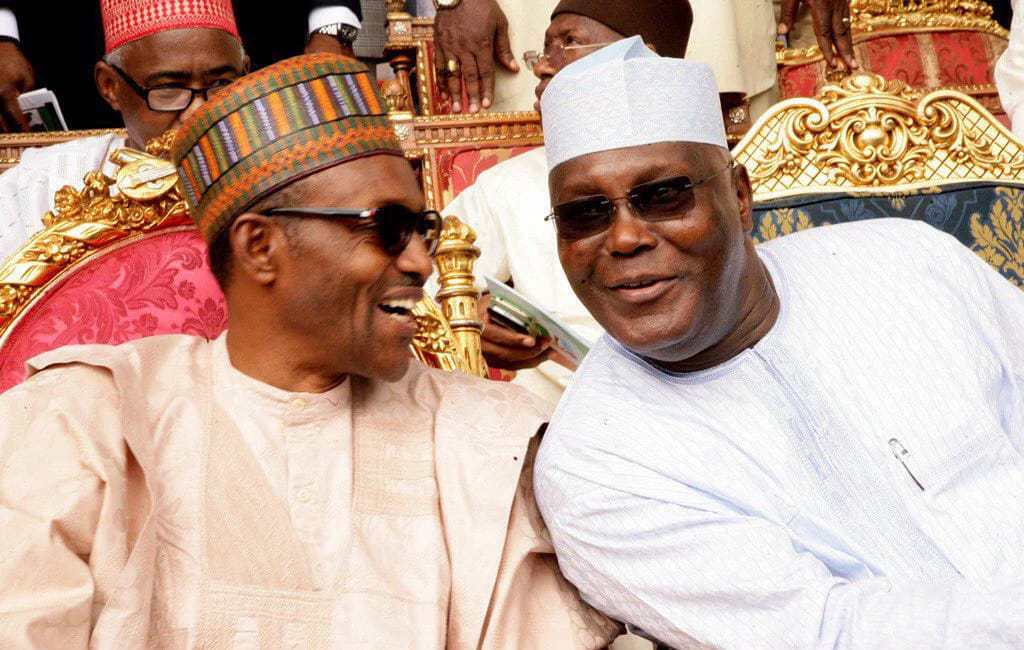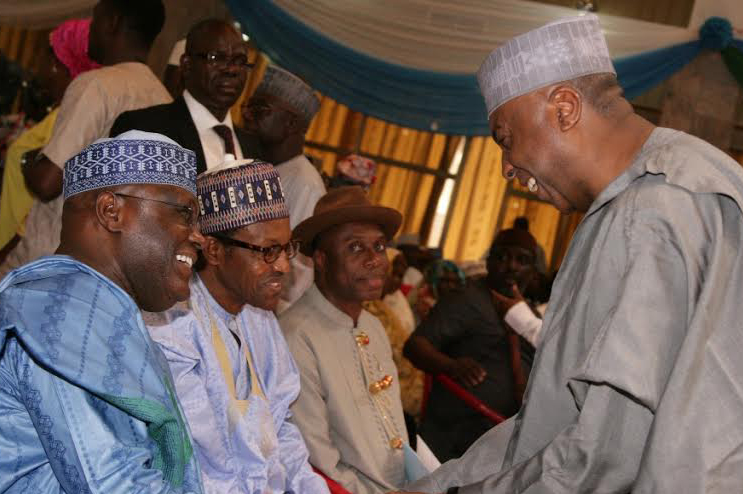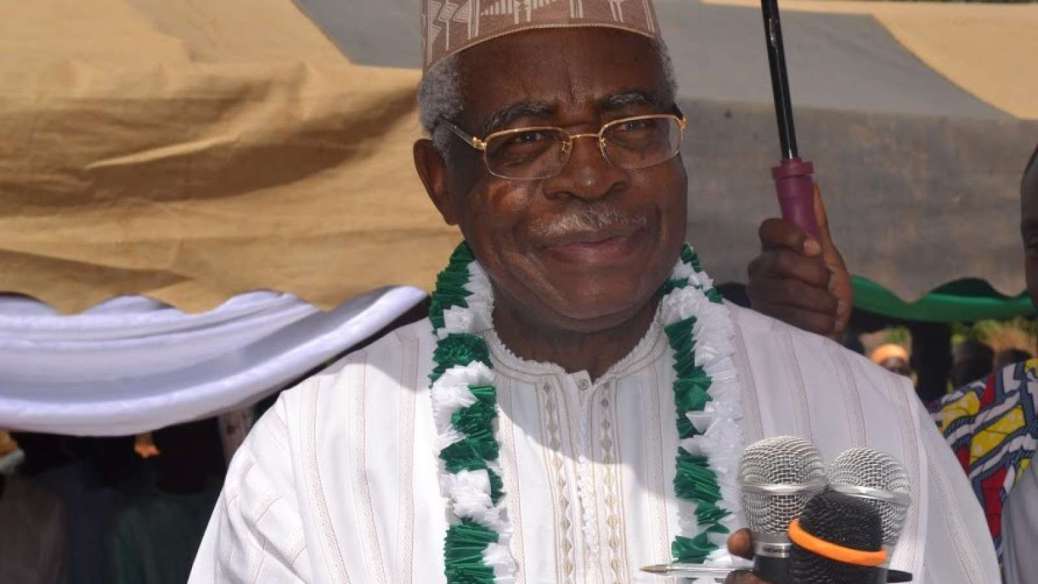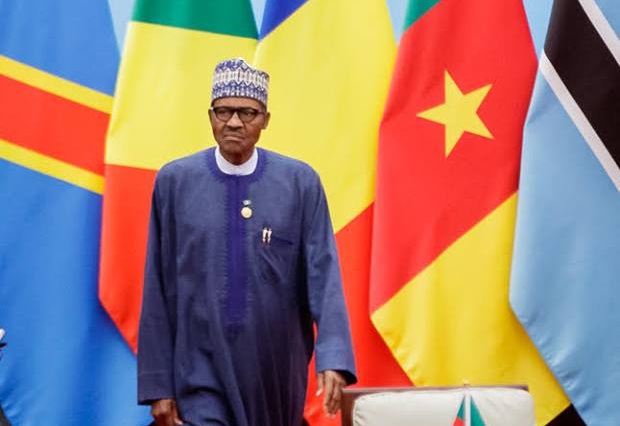Coming a week after leaders of two giant economies in Europe, Britain and Germany, made whistle-stop visits to Nigeria, the ongoing Forum on China-Africa Cooperation at Beijing, China deserves more than a passing glance from Africans.
It is instructive that China, a country, could gather the African continent in a summit and gleefully announced a $60 billion investment or “in aids and loans” – depending on the medium reporting it –with the euphemism, “no political conditions attached” as reported by the Washington Post. Of course in international trade and politics, nothing is free and there is always a price, most times huge, to pay for any gift. One cannot but remember the inimitable Fela who once sang, “Wetin be united for United Nations” lampooning the veto power of the countries in the security council, seeing a country, China; gathering 54 other countries to a summit just like that.
True, we are not China mates in all areas judging by the giant strides the country has made in the last decades especially under President Xi who is more determined to position China globally than his predecessors. On Sunday while watching a programme on China Global Television Network (CGTN), the Chinese government owned television network; a live broadcast from Cape Town with the picturesque table top mountain at the back, in partnership with SABC, I saw how many of us Africans are still struggling to understand China and how her actions are divisive at certain levels. Some of us are for total embrace not minding opening our flanks as long as the cash keeps flowing and also as a way of spiting the West, while some are saying there is nothing wrong with embracing China but let’s define the terms of engagement.
A Nigerian, Kenneth Ozoemena, a professor at South Africa Wits University, labored intensely to let his three other panelists understand that not everything China is good and should be welcomed especially when in the long run we might discover we’ve been shortchanged. That is my position too and that’s why Africa must device ways and means of engaging China as equal partners. Yes, equal partners. Not just in resources or funds, we cannot march them in those areas, but in terms of agreements, loans and aids we seem too quick to accept. Howard French, a Pulitzer winner who covered Africa extensively for New York Times and now journalism professor at Columbia University Graduate School of Journalism, has a book – China’s Second Continent – which offers a window on the Chinese secondcoming to Africa. Interestingly, much has changed in the three or four years since the book was first published, but more and more Chinese are coming to Africa.
Advertisement
Money is flowing in also. The China Africa Research Institute at the JohnsHopkins University estimates that between 2000 and 2015, the Chinese government through banks and contractors gave $94.4 billion worth of loans to African governments and state-owned enterprises. Africans must start asking questions on how these loans have been disbursed or being disbursed. Is this a second wave slavery like those years aeons ago when some of our forefathers sold fellow citizens for mirrors, guns, and salt? This is more particularly important for us in Nigeria when one look at what Chinese money has done in countries like Ethiopia with the Addis Ababa-Djibouti railway that serves the Addis international airport with a new standard gauge, the backbone of the Ethiopian national railway network and the infrastructure in Rwanda. Compared to what we get here in Nigeria as Chinese investments, we should probe deeper as we seem to be getting the short end of the stick in our relationship with China.
More importantly, what level of expertise is available to our political leaders as we engage China? I presume we should have a Chinese desk in our foreign affairs ministry now, which should serve us better. Do we have academics and scholars that can situate the Chinese question in the present scheme of things? Journalists too should do better than the press release reporting we have currently. How far with our Nigerian Institute of international Affairs and its Chinese department? Beyond the establishment of Confucius Institutes across our universities, how well are we studying China in order to understand the country better? It is obvious that China will not go away and that’s why we must engage better than we are doing currently. We should also be careful not to fall for the Western demonization that everything China is bad, but we must not go into any relationship blindly oblivious to the geopolitical realities of our existence.
Remembering Leah Sharibu
Advertisement
This newspaper last week published an audio of Leah Sharibu, one of the 119 Government Girls Secondary School, Dapchi, Yobe State kidnapped in February this year. It was an exclusive report, with a picture EXCLUSIVE: Leah Sharibu speaks from captivity, asks Buhari to pity her (audio) asking that our government should rescue her. She was held back for “refusing to renounce her faith” while others were rescued, five of the girls reportedly died in detention.
How does the government convince us that her refusal to renounce her faith is not the only reason still keeping her in the grips of the group, which kidnapped her nearly seven months ago?
As a father, my heart goes out to her parents who she also asked that the government should help, what a thoughtful girl. While our government is still trying to verify the authenticity of the video as confirmed by a spokesperson, I cannot but wonder how her faith has become an albatross that she is forced to bear in captivity. Her continual stay in her captors’ enclave is a blot on all people of good conscience. Let our government intensify efforts in rescuing her.
You’re in our thoughts and prayers, Leah.
Advertisement
Views expressed by contributors are strictly personal and not of TheCable.
Add a comment
